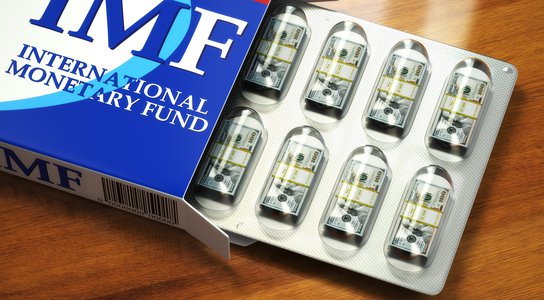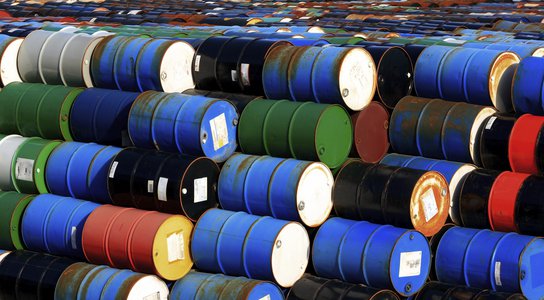On 11 July 2019, the International Monetary Fund’s (IMF) executive board approved a bailout worth nearly $449 million for Republic of Congo.
Natasha White from Global Witness said:
“The IMF’s decision to grant Republic of Congo another bailout is a concerning case of institutional amnesia and undermines the Fund’s renewed anti-corruption drive. In the past year alone, we have reported on corruption in the country’s oil sector, more hidden debt and alleged money laundering by members of the presidential family.
Corruption and mismanagement of the country’s natural resources are a key factor in its recurrent debt problem, compounded in particular by the national oil company’s practice of contracting oil-backed loans from commodity traders.
Ending these opaque and damaging deals has been a condition of financial support for the IMF's previous bailouts to Congo, yet they appear to be alive and kicking. The government has taken some steps towards greater transparency, but we are still in the dark about key problem areas, notably oil-backed loans and infrastructure agreements. Congo has ridden roughshod over its commitments to the IMF in the past, and may well do so again.
The IMF must now use its leverage to ensure the existence and terms of all oil-backed loans and subsequent restructuring agreements, and other key oil sector information – including production, export and sales statistics, and oil-for-infrastructure agreements – are made public. The Congolese government must be compelled to stop signing oil-backed loans and to account for the billions it has borrowed."
/ ENDS
Contacts
You might also like
-
Article Strings Attached
After almost two decades of broken promises, IMF must secure Congo oil sector transparency actions before any new bailout.
-
Blog post Hey, Big Lenders
The arrival – or increased presence – of commodity traders on the lending scene is concerning, and could be a key factor in Africa’s current debt problems.
-
Blog post Commodity traders: lenders of last resort for Africa’s oil-producers
Oil-backed loans are high-risk from a financial, sovereignty and corruption perspective. Transparency can help mitigate these risks, and is crucial for the responsible and accountable management of natural resources.